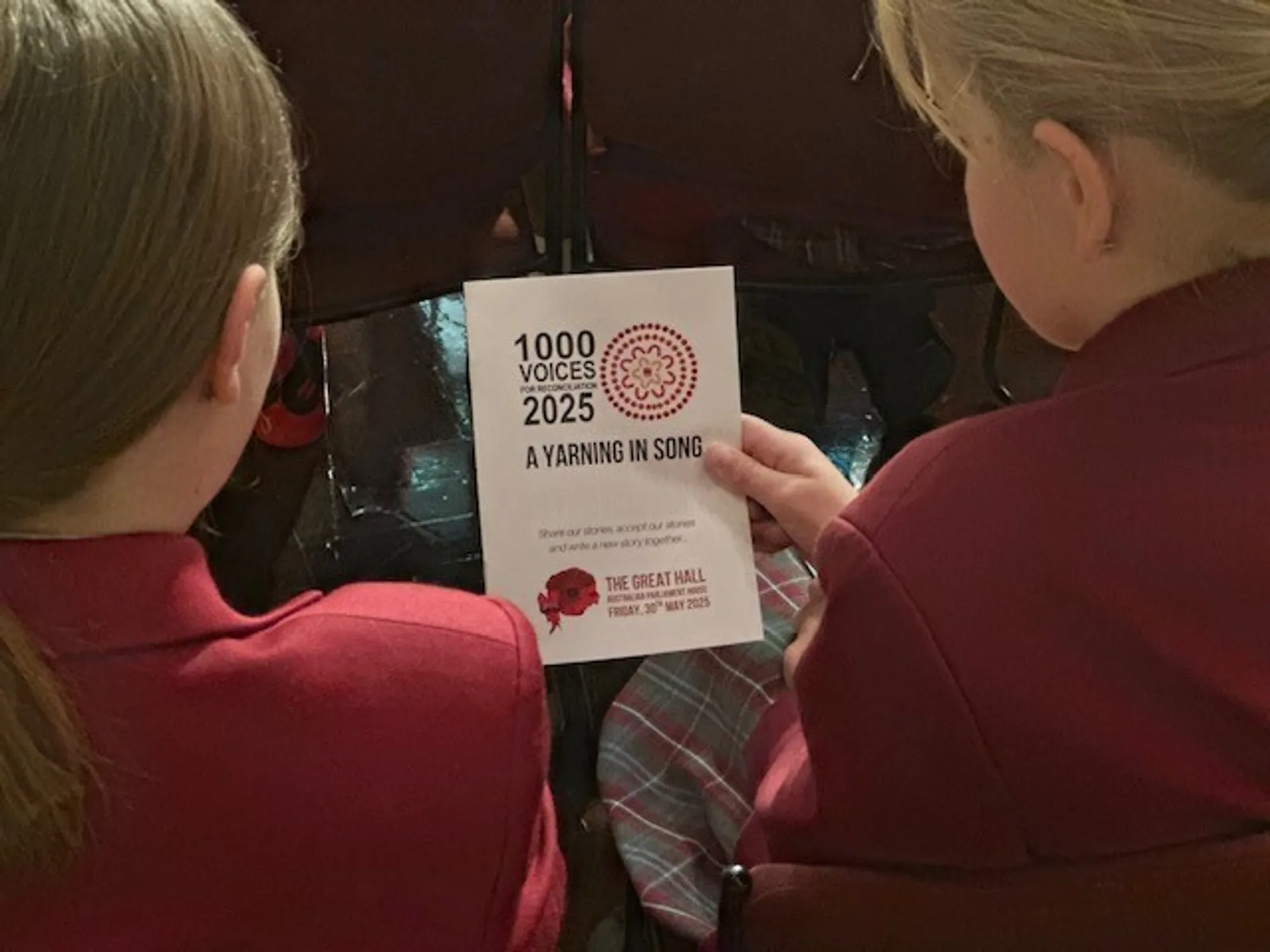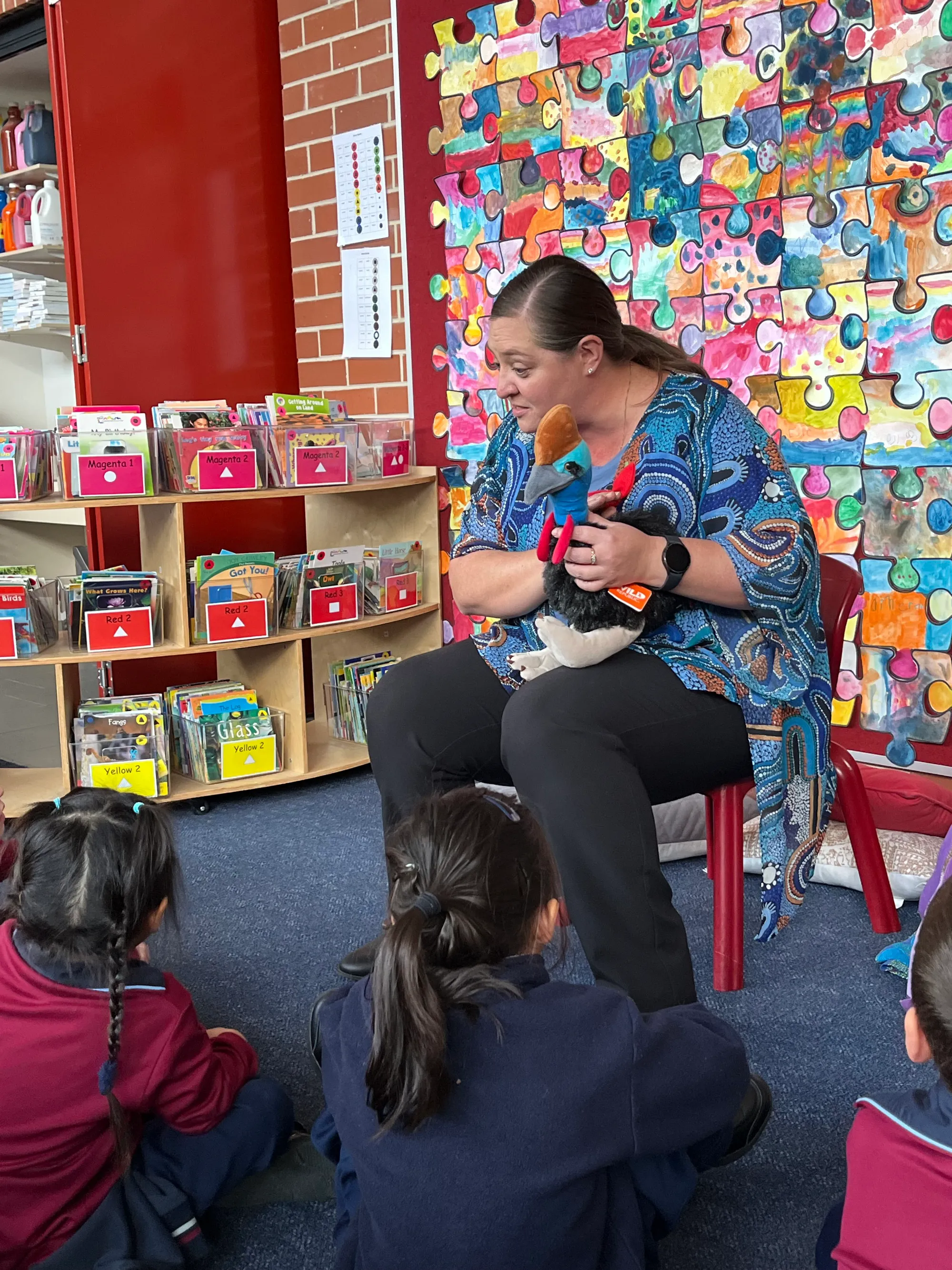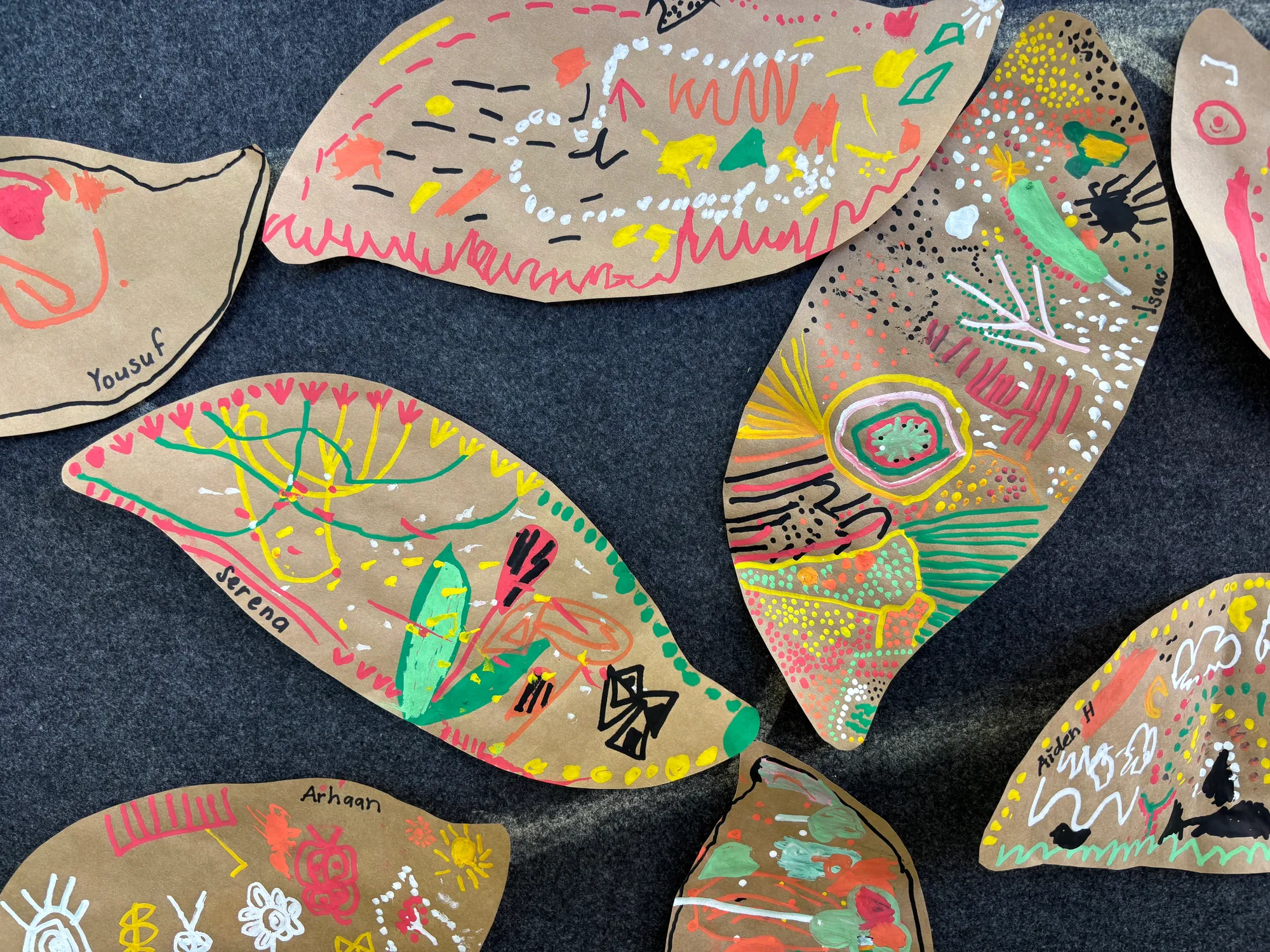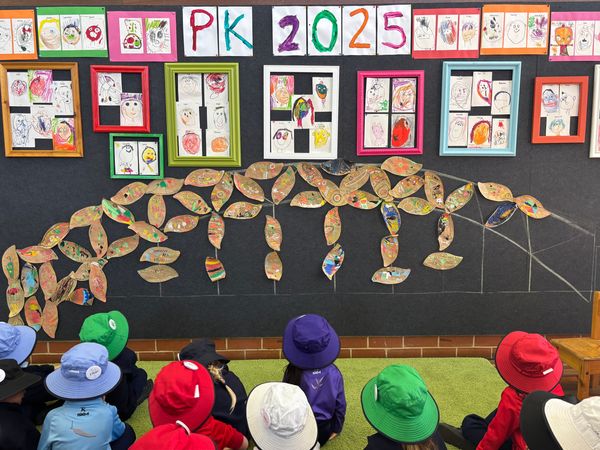Reconciliation – more than just a word
By Ms Karen Mahar, Acting Deputy Principal, Head of Junior School
As we mark National Reconciliation Week, our community is encouraged to reflect deeply on the importance of our shared histories, cultures and achievements. There is an opportunity for us to consider how we can each contribute meaningfully to reconciliation in Australia.
This year’s theme, Bridging Now to Next, calls on all Australians to step forward together to learn from the past, act in the present and shape a more just, inclusive and connected future.
At Radford College, “reconciliation” is not simply a concept, it is a commitment. A commitment that calls for us to listen, voice our beliefs of collaboration and engage in meaningful action.
We are currently in the consultation phase of developing our Reconciliation Action Plan (RAP), partnering with Aboriginal people, engaging students and staff and including families in conversations designed to deepen our understanding and inspire positive change. This gives us scope to build on the strong foundation of learning already present in our community and seeks to grow it further.

Our staff and students share an optimistic outlook toward building trusted and respectful relationships between Aboriginal and Torres Strait Islander peoples and non-Indigenous Australians. We believe these relationships are strongest when grounded in understanding, gratitude and mutual respect.
The Junior School continues to take significant strides in fostering a deeper understanding of Aboriginal and Torres Strait Islander cultural, linguistic and historical identities. Reconciliation, for us, is an active journey - one where we are consistently listening, learning and showing respect.
In true Radford style, our approach to learning is hands-on and collaborative. We believe in the power of learning 'with' rather than learning 'to' or 'for'. This philosophy has been central to our reconciliation efforts, as it fosters a sense of shared responsibility and nurtures empathy and mutual respect.

During Reconciliation Week, our students engaged in rich, purposeful learning. Some highlights included:
- Alongside the Vivace Choir, our Year 5 and 6 students joined the Governor-General, Her Excellency the Honourable Ms Sam Mostyn AC, and parliamentarians in a powerful and tangible expression of reconciliation through the 1,000 Voices for Reconciliation performance at Parliament House.
- Interactive cultural sessions with Wakka Wakka woman Brooke Prentis, a valued friend and mentor, who guides students and staff in exploring Aboriginal and Torres Strait Islander perspectives through truth-telling and curiosity.
- Immersive workshops with Duncan and Jakida Smith from Wiradjuri Echoes, where students connect through storytelling, dance and shared experiences.
Students also engaged with this year’s Reconciliation Week artwork by Bree Buttenshaw, a proud Kalkadoon woman. Her work inspired reflections from our students on the symbolism of native plants and what they teach us about strength and resilience:
“The Desert Lime grows in the very dry outback. And Banksia grows back even stronger after a fire.” – Chloe
“Kangaroo Paw is a fun name and is super strong!” – Isaac
“These plants are like people and communities - they bounce back, keep growing and stay strong.” – Millie
“Gum leaves are tough, bendy and beautiful!” – Chloe
Our Pre-Kindergarten students embraced this year’s Reconciliation Week theme of Bridging Now to Next through a series of meaningful, sensory-rich and creative experiences:
- Inspired by the 2000 Sydney Harbour Bridge Walk, each child added a leaf to a collaborative bridge display, symbolising our shared journey towards reconciliation.
- Children created observational drawings of native plants such as Lemon Myrtle, Banksia, gum leaves, Desert Lime and Kangaroo Paw.
- Staff and students baked Desert Lime and coconut cookies, sharing them in a yarning circle around the fire pit, listening to Dyirri the Frog as told by Ngunawal Elder Don Bell.
- Lemon Myrtle-scented playdough was available for exploration with nature-based loose parts, creating a tactile and immersive cultural experience.

These activities reflect our commitment to deepening cultural understanding through connection, creativity and care. The aim for our students is to gain a deeper appreciation of the cultural, linguistic and historical identity of Aboriginal and Torres Strait Islander peoples. Our students are learning the value of listening, the importance of empathy and the need to work together to build a more inclusive and harmonious future.
The College continues to foster an environment where all voices are heard, all stories are respected and all relationships are valued.
Together, we strive to ensure reconciliation is not just a word - that it becomes a lived reality that strengthens our community and honours the diverse heritage of Aboriginal and Torres Strait Islander peoples.
